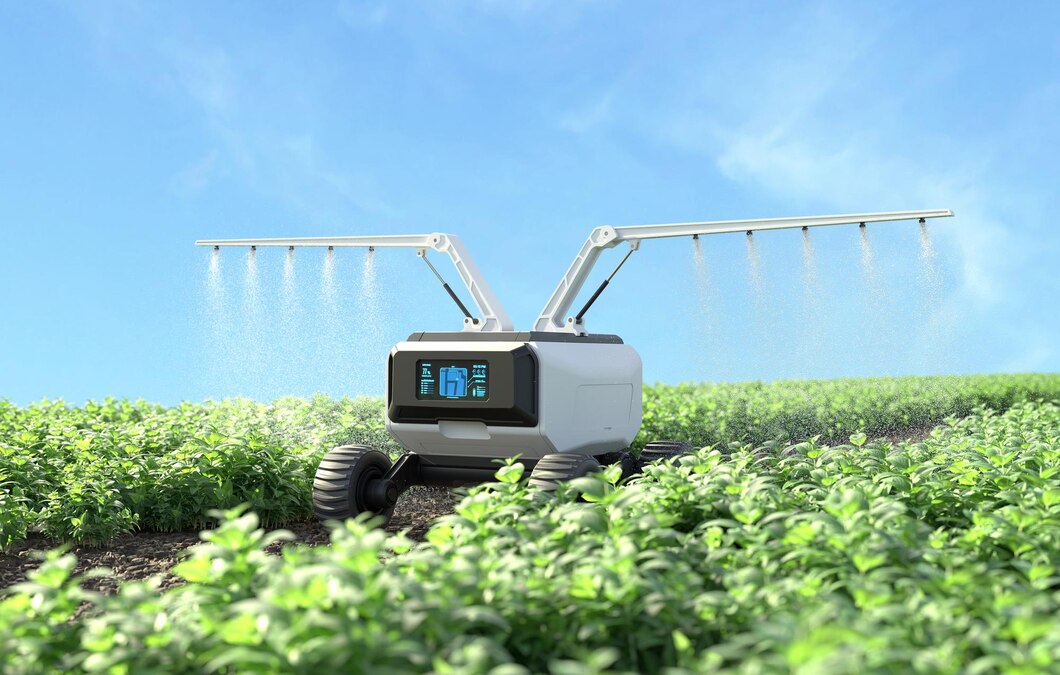Effects on Sugar Quality
Sustainable farming practices have been increasingly recognized for their profound impact on various agricultural products, including sugar. The quality of sugar can be greatly influenced by the methods used in its cultivation and production. Let’s delve into how sustainable farming practices contribute to the overall quality of sugar. One significant aspect is soil health. Sustainable farming techniques prioritize soil conservation and enrichment through practices such as crop rotation, cover cropping, and minimal tillage. These practices promote soil fertility and structure, resulting in healthier sugar cane or sugar beet plants. Healthy plants, in turn, produce higher-quality sugar with better flavor profiles and nutritional content.
Moreover, sustainable farming emphasizes natural pest and disease management strategies over the use of chemical pesticides and herbicides. By minimizing chemical inputs, farmers can reduce the risk of pesticide residues contaminating sugar crops. This leads to cleaner, safer sugar products that meet stringent quality standards and consumer expectations. For more insights on sustainable farming’s impact on sugar quality, check out our detailed analysis on technological advancements in sustainable sugar production.
Sustainable Farming Techniques
Several sustainable farming techniques contribute to the production of high-quality sugar while minimizing environmental impact. One such technique is organic farming, which prohibits the use of synthetic chemicals and genetically modified organisms (GMOs). Organic sugar production relies on natural fertilizers and pest control methods. As a result in sugar products free from synthetic residues and GMO contamination. Another important technique is water conservation. Sustainable sugar farming practices prioritize efficient water use through drip irrigation, rainwater harvesting, and soil moisture management. By reducing water waste and preserving natural water resources, farmers can sustainably cultivate sugar crops without depleting freshwater reserves or harming aquatic ecosystems.
Additionally, agroforestry and agroecology approaches integrate trees and diverse plant species into sugar cane or sugar beet fields. These integrated systems promote biodiversity, improve soil health, and provide natural habitats for beneficial insects and wildlife. As a result, sugar produced through agroecological methods tends to have a richer flavor profile and higher nutritional value.
Impact Assessments
Numerous studies have assessed the environmental, social, and economic impacts of sustainable farming practices on sugar production. These assessments often compare conventional farming methods with sustainable alternatives to evaluate their respective benefits and challenges. Environmental impact assessments typically measure factors such as carbon footprint, water usage, soil erosion, and biodiversity conservation. Studies consistently show that sustainable farming practices have lower environmental footprints and contribute to ecosystem resilience and biodiversity preservation. Social impact assessments examine the effects of sustainable farming on local communities, labor conditions, and food security. By promoting fair labor practices, equitable distribution of resources, and community empowerment, sustainable farming initiatives contribute to social justice and economic development in rural areas.
Economic impact assessments analyze the financial viability and long-term sustainability of sustainable farming systems. While initial investment costs may be higher for implementing sustainable practices, studies indicate that these investments often result in long-term cost savings, increased yields, and enhanced market competitiveness. For real-world examples of sustainable farming’s impact on sugar quality, explore our case studies featuring farmer testimonials on sustainable agriculture practices.
Farmer Case Studies
To truly understand the impact of sustainable farming on sugar quality, it’s essential to hear directly from the farmers implementing these practices. Farmer case studies provide valuable insights into the challenges, successes, and lessons learned from adopting sustainable agriculture techniques. One such case study features a family-owned sugar cane farm that transitioned from conventional to organic farming methods. By eliminating synthetic pesticides and fertilizers, the farm improved soil health, reduced input costs, and produced premium organic sugar sought after by health-conscious consumers.
Industry Implications
The adoption of sustainable farming practices has significant implications for the sugar industry as a whole. As consumer demand for ethically produced, environmentally friendly products continues to grow, companies in the sugar supply chain are under pressure to prioritize sustainability throughout their operations. For sugar manufacturers and retailers, investing in sustainable sourcing practices can enhance brand reputation, attract environmentally conscious consumers, and mitigate supply chain risks associated with climate change and resource depletion.
Furthermore, government policies and industry certifications play a crucial role in promoting and incentivizing sustainable farming practices within the sugar industry. Fair trade certifications, for example, ensure that sugar producers receive fair prices for their crops, adhere to labor standards, and engage in environmentally responsible practices. To learn more about the role of fair trade certifications in sugar sourcing, read our comprehensive guide on sustainable sugar procurement.
Conclusion
In conclusion, sustainable farming practices have a profound impact on the quality, sustainability, and social responsibility of sugar production. By prioritizing soil health, biodiversity conservation, and community empowerment, farmers can produce high-quality sugar while safeguarding the environment and supporting thriving rural communities. As consumers become increasingly conscious of the origins and production methods of their food, the sugar industry must embrace sustainability as a core value to remain competitive and resilient in a rapidly changing market landscape.

